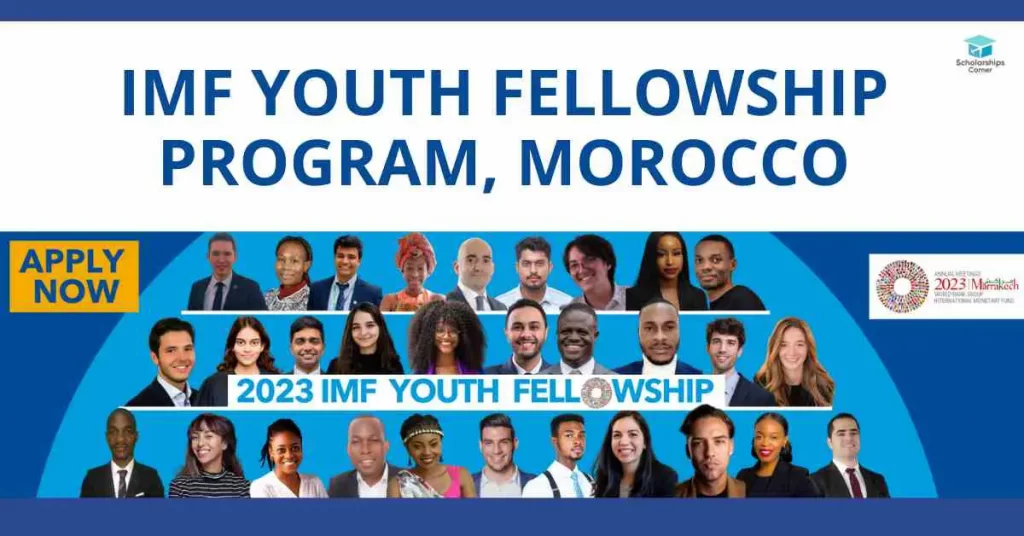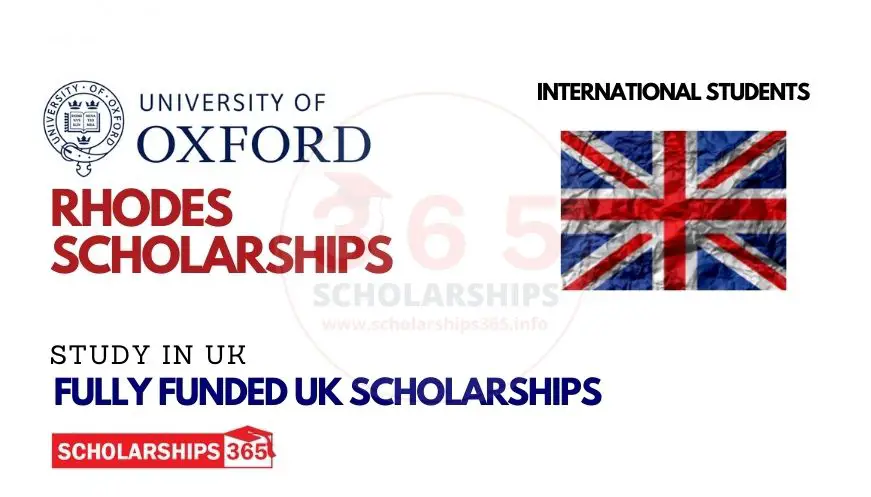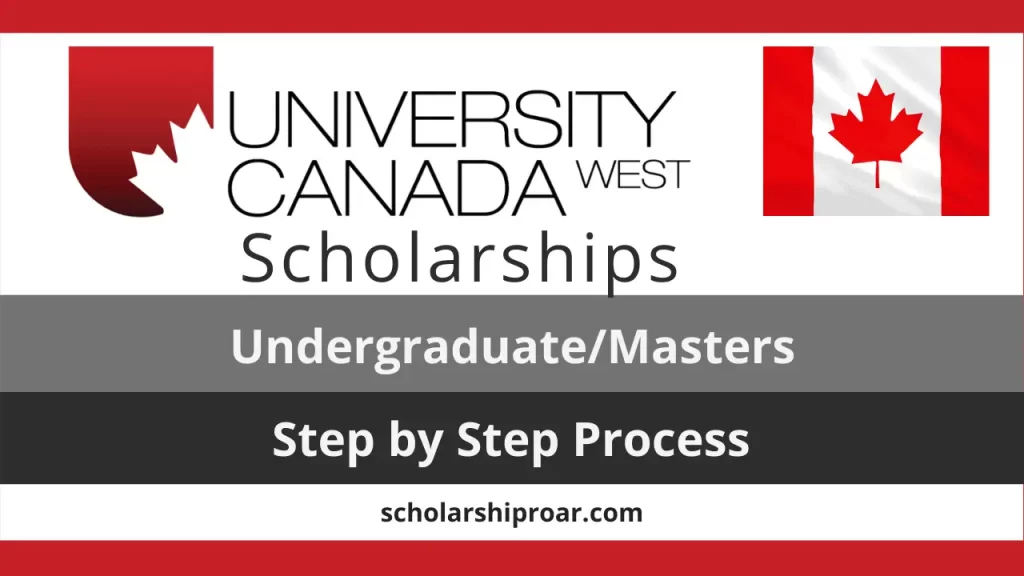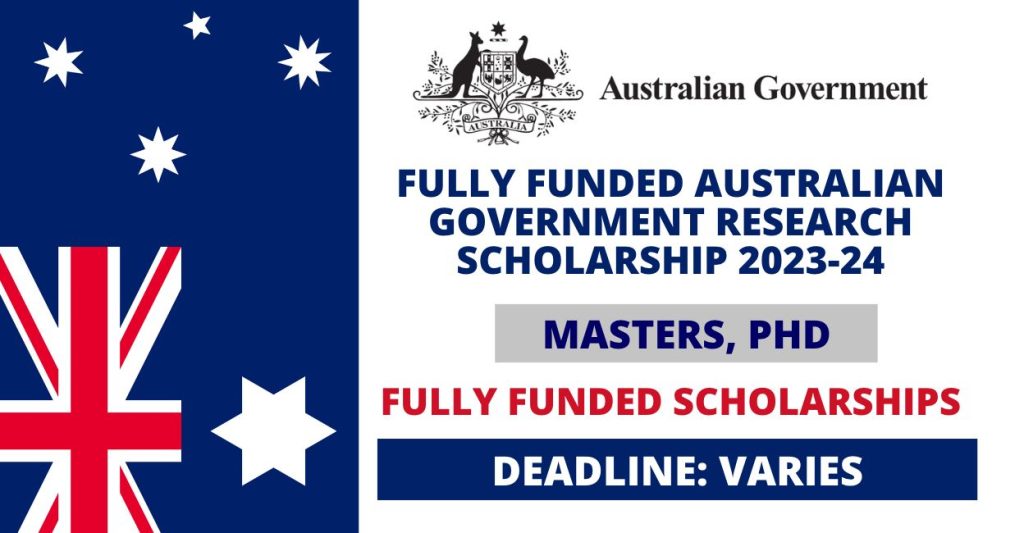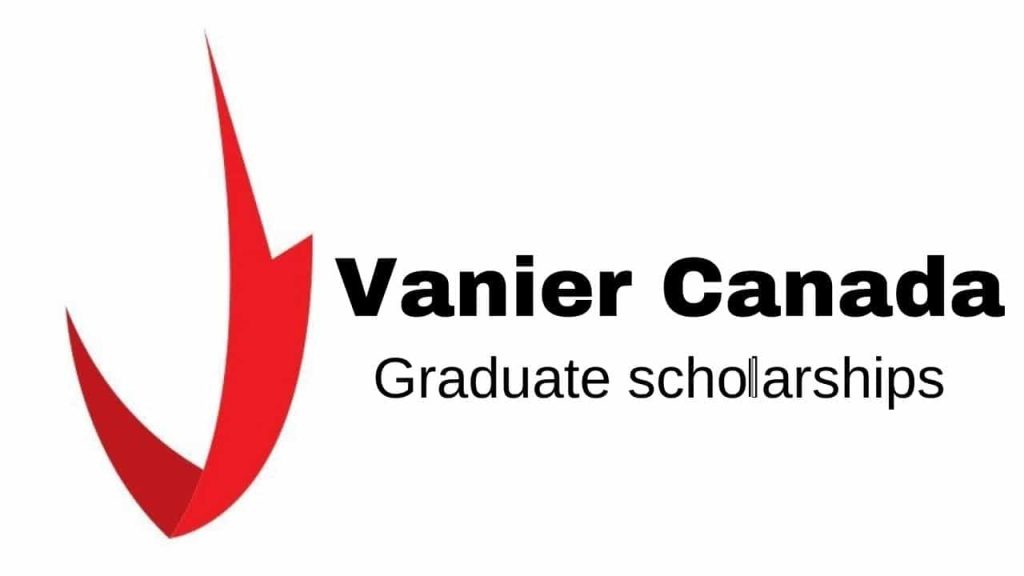In a world brimming with possibilities, the IMF’s Youth Fellowship Program stands as a beacon of hope, beckoning young talent from every corner of the globe to step forward and leave an indelible mark on the international economic landscape. This transformative program is designed to harness the boundless potential of youth, nurturing their skills, fostering their ideas, and empowering them to become catalysts for change in their communities and beyond.
Imagine a platform where your voice is not only heard but also celebrated—a program that recognizes the unique perspectives, creativity, and innovative spirit of young minds. The IMF’s 2023 Youth Fellowship Program is precisely that opportunity, offering you a seat at the table alongside esteemed economists, policymakers, and thought leaders who shape the global economic discourse. Your ideas will be valued, your vision will be amplified, and your contributions will help shape policies with far-reaching implications.
This fellowship program is not just a mere academic pursuit; it is an immersive, life-altering experience that combines intellectual rigor with hands-on engagement. You will delve into the heart of economic challenges, learn from industry experts, and engage in dynamic discussions with fellow participants from diverse backgrounds, cultures, and perspectives. Together, you will forge connections, build lifelong friendships, and cultivate a global network that will support and inspire you throughout your journey.
ABOUT IMF 2023 YOUTH FELLOWSHIP PROGRAM FOR YOUNG PEOPLE.
The IMF’s 2023 Youth Fellowship Program is a prestigious and fully-funded opportunity for young individuals from around the world to engage in an immersive and transformative experience. This fellowship aims to empower the next generation of leaders, equipping them with the knowledge, skills, and networks necessary to address complex global economic challenges and drive positive change.
The program offers a unique platform for young participants to have their voices heard on an international stage. It provides a remarkable opportunity to collaborate with renowned economists, policymakers, and experts in the field, allowing fellows to contribute their perspectives, ideas, and solutions to shape global economic policies. By recognizing and valuing the diverse backgrounds and experiences of the fellows, the program fosters an inclusive environment that encourages innovation, creativity, and collaboration.
Throughout the fellowship, participants engage in a carefully curated curriculum that combines rigorous academic learning with practical experiences. They delve into pressing economic issues, explore cutting-edge research, and gain a comprehensive understanding of the complexities of the global economy. Interactive sessions, workshops, and mentorship opportunities with industry leaders further enhance their learning and skill development.
In summary, the IMF’s 2023 Youth Fellowship Program is a transformative opportunity for young people worldwide to unleash their potential, broaden their horizons, and contribute to shaping a more inclusive and sustainable global economy. It offers a fully-funded journey filled with academic rigor, immersive experiences, and unparalleled networking opportunities. By nurturing and empowering the next generation of leaders, the fellowship paves the way for impactful contributions and a brighter future.
THE HOST ORGANIZATION
The International Monetary Fund (IMF) serves as the distinguished host organization for the 2023 Youth Fellowship Program. Established in 1944, the IMF is an international financial institution dedicated to promoting global economic stability, sustainable growth, and poverty reduction. As a specialized agency of the United Nations, the IMF plays a crucial role in fostering international monetary cooperation and providing financial assistance to member countries facing economic challenges.
At its core, the IMF strives to maintain the stability of the international monetary system, which underpins economic growth and development worldwide. The organization provides policy advice, technical assistance, and financial resources to its member countries, working closely with governments, central banks, and other stakeholders to address economic imbalances, financial crises, and structural issues.
The IMF’s role extends beyond financial assistance. It also conducts in-depth economic research, collects and analyzes data, and publishes reports on various aspects of the global economy. Through these endeavors, the IMF helps shape policies that promote macroeconomic stability, fiscal sustainability, and inclusive growth.
The IMF’s distinguished reputation, expertise, and global network make it an ideal host organization for the Youth Fellowship Program. Fellows can benefit from the wealth of knowledge and experience offered by IMF economists, policy experts, and practitioners. Moreover, the IMF’s commitment to inclusivity and accessibility ensures that talented individuals from diverse backgrounds have equal opportunities to participate in this transformative program.
ELIGIBILITY CRITERIA FOR IMF 2023 YOUTH FELLOWSHIP PROGRAM FOR YOUNG PEOPLE
While the specific eligibility criteria for the IMF’s 2023 Youth Fellowship Program may vary, the following are common criteria that are often considered during the selection process:
- Age: The program generally targets young individuals within a specific age range, such as 20 to 32 years old. However, the exact age requirements may vary each year, so it is essential to refer to the program’s official guidelines for the specific eligibility criteria.
- Educational Background: Applicants are typically required to have a strong academic background, which may include a bachelor’s degree or higher in fields such as economics, finance, business, public policy, or related disciplines. The program may also consider candidates who possess exceptional skills or achievements in other relevant areas.
- Experience and Skills: While prior work experience is not always mandatory, having relevant professional or academic experience in areas such as economics, finance, research, policymaking, or related fields can be advantageous. Additionally, applicants may be evaluated based on their analytical, critical thinking, and problem-solving skills, as well as their demonstrated leadership potential and commitment to making a positive impact.
- Language Proficiency: Since the program involves interactive sessions, discussions, and presentations, a strong command of the English language is typically required. Some programs may also consider proficiency in other languages depending on the geographic focus of the fellowship.
- Nationality and Residency: The program is often open to young people from around the world, regardless of their nationality or country of residence. However, some fellowship programs may have specific country or regional requirements to promote diversity and representation.
It is important to note that the above criteria are general guidelines and the specific eligibility requirements may vary for each edition of the IMF’s Youth Fellowship Program. Interested individuals should carefully review the official program announcements or guidelines for the most up-to-date and accurate eligibility criteria for the particular year they are applying for.
REQUIRED DOCUMENTS FOR APPLICATION
While the specific document requirements may vary for each edition of the IMF’s Youth Fellowship Program, the following are commonly required documents during the application process:
- Application Form: Applicants typically need to complete an official application form provided by the program. This form collects basic personal information, educational background, work experience (if applicable), and contact details.
- Curriculum Vitae (CV) or Resume: A current and updated CV or resume is usually required, outlining your educational qualifications, relevant work experience, research or academic projects, publications (if any), and any other achievements or extracurricular activities that highlight your skills and accomplishments.
- Statement of Purpose or Personal Statement: This is an important document where you articulate your motivation for applying to the fellowship program. You should explain your background, interests, career aspirations, and how participating in the program aligns with your goals. It is an opportunity to showcase your passion, commitment, and potential contributions to the field of economics or related areas.
- Academic Transcripts: Official or unofficial transcripts from your educational institutions are often requested. These transcripts should provide a comprehensive record of your academic performance, including courses taken, grades received, and any honors or awards achieved during your studies.
- Letters of Recommendation: Programs typically require two or more letters of recommendation from individuals who can attest to your academic abilities, character, and potential for contributing to the program. These letters are typically written by professors, mentors, employers, or other professional contacts who know you well.
- Language Proficiency Test Results: If English is not your first language or if the program requires proficiency in other languages, you may need to submit language proficiency test results. Commonly accepted language tests include the TOEFL (Test of English as a Foreign Language) or IELTS (International English Language Testing System) for English proficiency.
- Identification Documents: Depending on the program, you may be required to provide a copy of your valid passport or other identification documents as proof of nationality and identity.
It is important to note that the specific document requirements may differ for each program, and applicants should carefully review the official program guidelines or application instructions for the particular year they are applying to ensure they submit all the required documents accurately and within the specified deadlines.
FREQUENTLY ASKED QUESTIONS.
What are the benefits of the IMF 2023 youth fellowship program for young people?
The IMF’s Youth Fellowship Program offers a range of benefits to selected participants. While the specific benefits may vary from program to program, here are some common benefits associated with participating in such fellowships:
- Fully-Funded Opportunity: The fellowship program is typically fully-funded, meaning that participants receive financial support to cover their program-related expenses. This can include travel expenses, accommodation, meals, and any necessary program fees. The aim is to ensure that financial limitations do not hinder deserving individuals from participating in the program.
- Access to Expertise and Knowledge: Fellows have the opportunity to learn from and engage with leading economists, policymakers, and experts in the field. They gain insights into cutting-edge research, policy formulation, and economic analysis through interactive sessions, lectures, workshops, and seminars. This exposure enhances their understanding of global economic issues and fosters critical thinking and analytical skills.
- Mentorship and Guidance: Fellows often receive mentorship and guidance from experienced professionals within the IMF and other affiliated organizations. Mentors provide valuable advice, share their expertise, and offer support in navigating career paths in economics or related fields. This mentorship can be instrumental in shaping the fellows’ professional development and long-term goals.
- Networking Opportunities: The fellowship program brings together a diverse group of young leaders from around the world. Fellows have the chance to build meaningful connections, forge lifelong friendships, and expand their global network. This network can serve as a valuable resource for future collaborations, career opportunities, and knowledge-sharing.
- Practical Experience and Skills Development: The program often includes hands-on learning experiences, such as workshops, simulations, case studies, or research projects. These practical elements provide fellows with opportunities to apply theoretical knowledge, develop practical skills, and gain a deeper understanding of real-world economic challenges and policy-making processes.
- Platform for Global Engagement: Fellows are given a platform to share their ideas, perspectives, and solutions on a global stage. They have the opportunity to contribute to policy discussions, present their research or projects, and engage in debates with experts and fellow participants. This platform amplifies their voice and empowers them to drive meaningful change in their communities and beyond.
- Personal Growth and Empowerment: The fellowship program is a transformative experience that fosters personal growth, self-confidence, and leadership skills. Participants develop a greater sense of global citizenship, cultural understanding, and social responsibility. They gain the confidence and empowerment needed to become agents of positive change in their respective fields and make a lasting impact in their communities.
These benefits collectively contribute to the fellows’ professional development, expand their horizons, and equip them with the skills, knowledge, and network necessary to excel in their careers and contribute to the field of economics and global development.
What are the categories in this fellowship?
The specific categories of the IMF’s Youth Fellowship Program may vary from year to year, but here are some common categories or areas of focus that may be included:
- Economic Policy and Analysis: This category is centered around gaining a comprehensive understanding of economic policy formulation, analysis, and evaluation. Fellows explore topics such as macroeconomic stability, fiscal policy, monetary policy, trade, financial markets, and international economics. They delve into economic modeling, data analysis, and policy design to develop practical skills in economic analysis and policy-making.
- Sustainable Development and Climate Change: This category focuses on the intersection of economics, sustainability, and environmental challenges. Fellows examine issues related to sustainable development goals, climate change mitigation and adaptation, green finance, renewable energy, natural resource management, and the economics of sustainability. They explore innovative approaches and policies to foster sustainable economic growth and address environmental challenges.
- Technology and Innovation: In this category, fellows explore the impact of technology and innovation on economic development, productivity, and inclusive growth. They delve into topics such as digital transformation, fintech, blockchain, artificial intelligence, and the future of work. The focus is on understanding how technology can be harnessed to drive economic progress, address social challenges, and foster inclusive development.
- Financial Markets and International Finance: This category delves into the intricacies of global financial markets, international finance, and financial stability. Fellows explore topics such as financial regulation, banking systems, capital markets, financial inclusion, sovereign debt, and global financial governance. They gain insights into the functioning of financial systems and policies aimed at ensuring stability, resilience, and inclusive financial access.
- Economic Development and Inclusive Growth: This category focuses on understanding the challenges and opportunities of economic development, poverty reduction, and inclusive growth. Fellows explore topics such as inequality, social inclusion, entrepreneurship, job creation, microfinance, and public-private partnerships. They examine strategies and policies aimed at fostering inclusive economic growth and reducing disparities across various sectors and regions.
It’s important to note that the specific categories may vary, and some programs may have a broader or more specialized focus. The aim is to provide fellows with a well-rounded understanding of key economic issues while also allowing them to delve deeper into specific areas of interest or expertise. The program’s official guidelines or announcements for a given year will provide the most accurate and up-to-date information on the available categories.
When is the deadline for application?
The application deadlines for the program can vary each year, and it is important to refer to the official program website or announcements for the most accurate and up-to-date information regarding application deadlines.
I recommend visiting the official website of the IMF or the dedicated webpage for the Youth Fellowship Program to obtain the current year’s application deadline and any additional details or updates. These sources will provide you with the most reliable and current information for your application.
CONCLUSION
In conclusion, the IMF’s 2023 Youth Fellowship Program stands as an extraordinary opportunity for young people worldwide to embark on a transformative journey towards becoming global economic leaders. This fully-funded program equips participants with the knowledge, skills, and networks needed to tackle complex economic challenges and shape a more inclusive and sustainable future.
Through immersive experiences, engaging with renowned experts, and collaborating with peers from diverse backgrounds, fellows gain invaluable insights into economic policy, sustainable development, technology, and finance. They become empowered to contribute their perspectives and ideas on the global stage, fostering meaningful change and innovation.
Moreover, the program’s commitment to inclusivity ensures that financial barriers do not hinder deserving individuals from participating. By nurturing talent from all corners of the world, the IMF fosters a diverse and dynamic community that promotes mutual learning, cross-cultural understanding, and lifelong connections.
The IMF’s Youth Fellowship Program serves as a stepping stone for the next generation of leaders, offering them the tools and support needed to shape a more prosperous and equitable global economy. As these young fellows develop their skills, expand their knowledge, and embrace their roles as change-makers, they will leave an indelible mark on the world and inspire others to follow in their footsteps.
Together, these passionate and driven young individuals will work towards a future where economic opportunities are accessible to all, where sustainability is a priority, and where innovation and collaboration pave the way for a brighter tomorrow. The IMF’s Youth Fellowship Program serves as a beacon of hope, empowering youth to unleash their potential and create a lasting impact in the world of economics and beyond.
URL For Application
APPLY HERE
APPLY HERE
APPLY HERE
